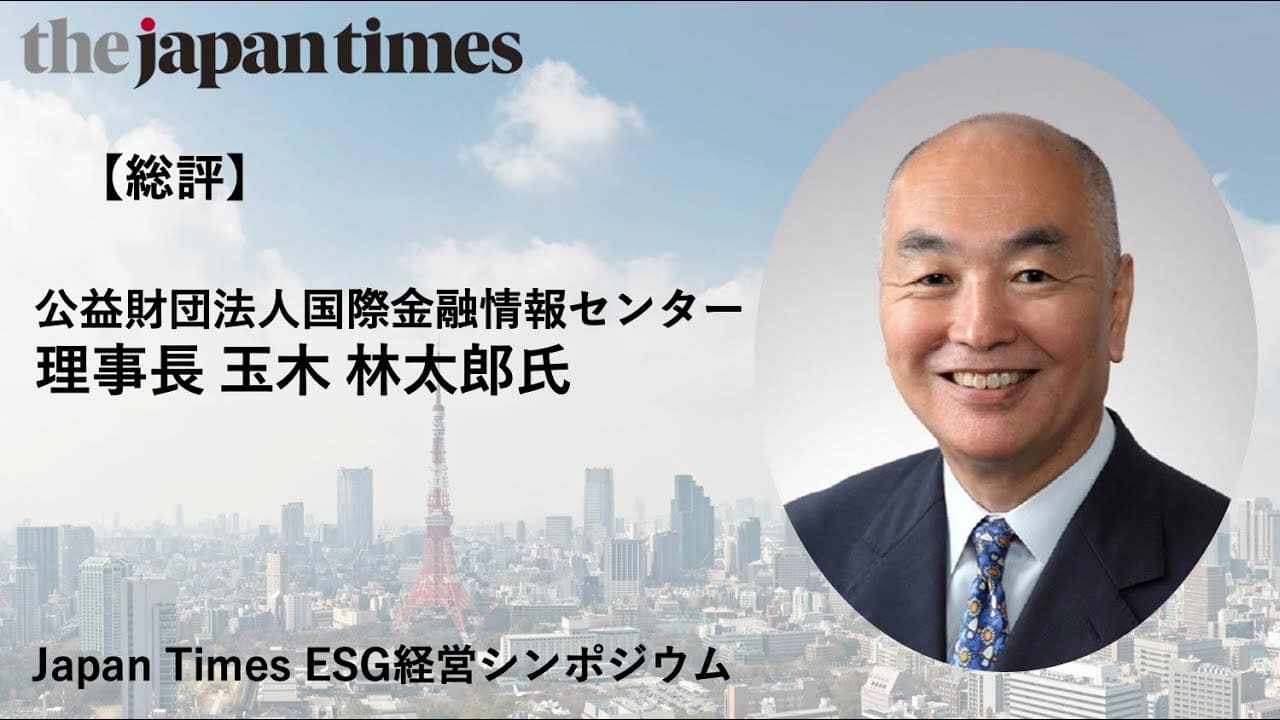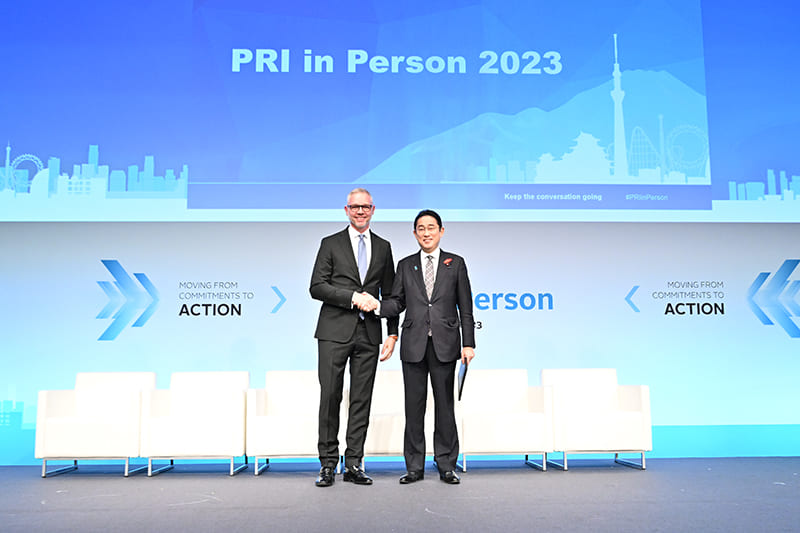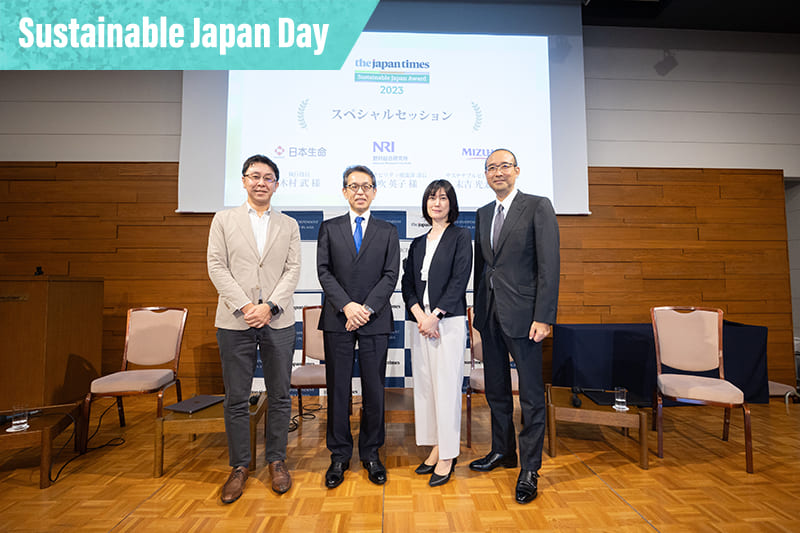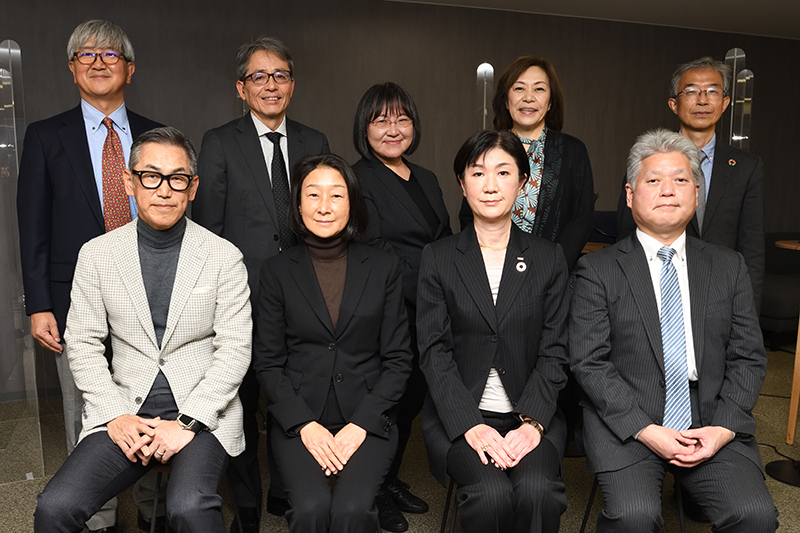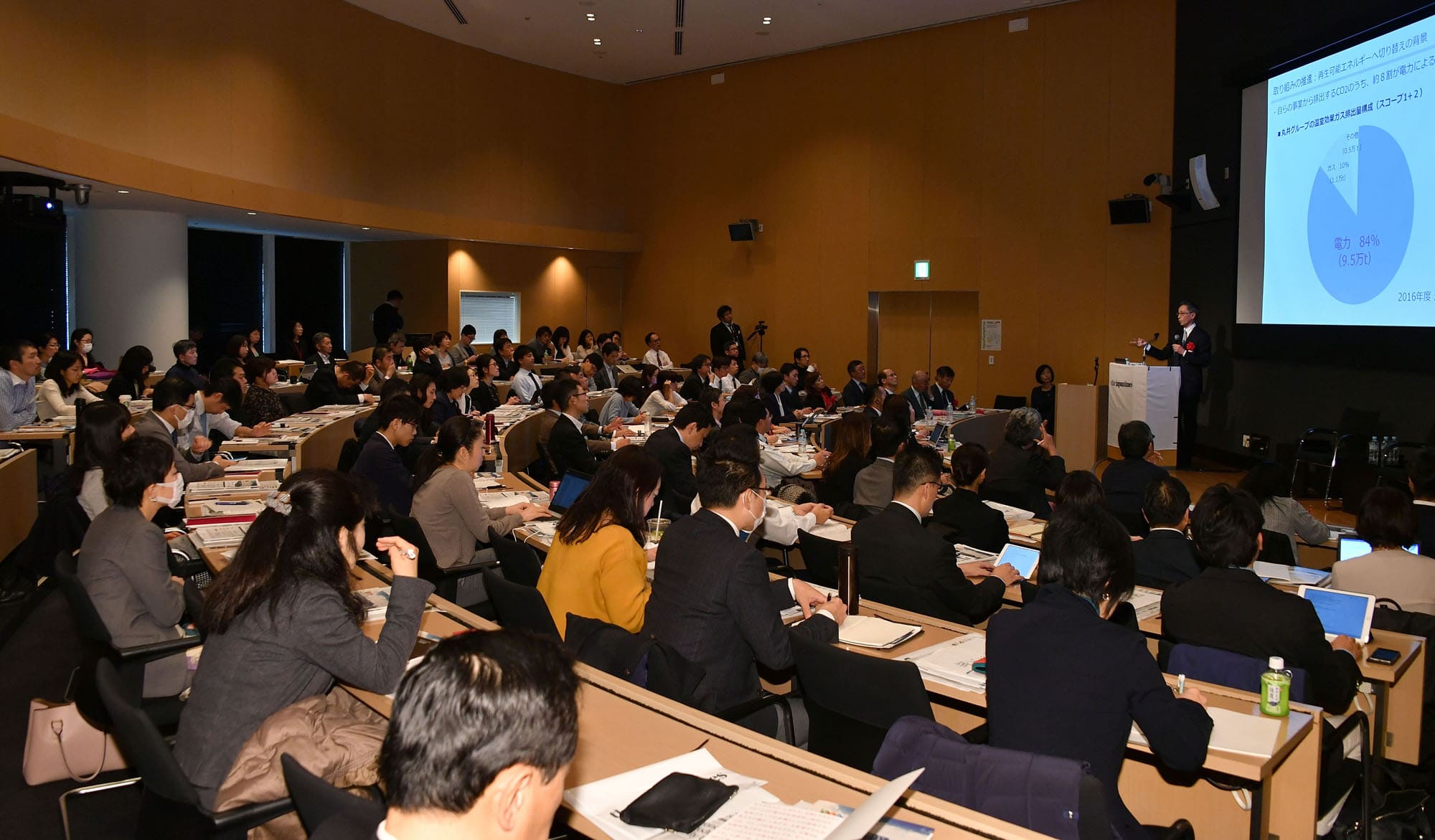May 29, 2021
Gaps between companies and investors persist
Rintaro Tamaki
Japan Center for International Finance, President

Rintaro Tamaki, president of the Japan Center for International Finance, made his remarks on the three panel sessions by investors and corporate ESG experts at the end of the ESG symposium, discussing three main points that he observed in the talks.
First, he spoke about the gap that persists between the corporate and investors’ sides in terms of their perspectives regarding ESG management and climate change.
Recalling a symposium organized by the Japan Times ESG Consortium that he participated in three years ago, Tamaki said the focus had been more on the investment side starting to take into account ESG factors that had been considered nonfinancial information when making investment decisions, and to call for the transformation of companies in line with the changing investment landscape.
Though he admitted that companies and the investment sector today are “on an equal footing and enhancing each other,” a step forward from a few years ago, he pointed out that the three panel discussions indicated a difference between companies and investors in terms of where the emphasis is placed.
He noted that the investment sector regards ESG investment as a generator of long-term returns and as a mitigator of financial risks posed by climate change. On the other hand, “companies do recognize such arguments of investors, but at the same time, they are constantly faced with a wider range of stakeholders who monitor their every move,” Tamaki said. That is why a company starts with setting a purpose of making itself an active member of society and focuses more on various shorter-term social and environmental aspects as well as its corporate governance.
However, he felt that the gap is closing with the increasing awareness of the ultimate beneficiaries of good policies, including pension payers and insurance policyholders, although the change is slow, which is what he indicated in the next point.
That point was that Japan still has room for improvement in terms of how much ESG and climate-related efforts are mainstreamed compared to other countries, especially EU members, that are more advanced in this field. “We are heading in the right direction, but we need to accelerate further,” said Tamaki, pointing out that this slowness is attributable to a lack of public awareness about such topics as ESG and climate change. “These themes do not come up as top agenda among political parties in Japan. We must say that this is a reflection of the level of public interest,” he said, referring also to the difference in the amount of coverage on sustainability issues between Japanese and English media.
Thirdly, he noted that the government plays a major role in raising public awareness on sustainability as well as in encouraging investors and companies to make further efforts. “Take climate change, for example. It is not a topic to be discussed only by the Ministry of the Environment and the Economy, Trade and Industry Ministry, which handles energy issues,” said Tamaki, explaining that almost all authorities need to seriously consider issues like climate change because they are the ones who operate the economic and social systems that support people’s lives. “No government offices are foreign to ESG and climate change,” Tamaki stressed.
Taking the Ministry of Finance as an example, he explained that budget planning and tax system reviews need to incorporate new perspectives to be aligned with national climate policies and goals. “Many countries, including emerging and developing nations, have been turning their government bonds into green bonds,” Tamaki pointed out, adding that issuing part of Japanese government bonds as green bonds would have a significant impact on public awareness.
“Now that the government has a clear timeline and targets for 2030 and 2050, it needs to provide a road map for people, businesses and investors to take action toward the goals,” he said, added that such policy efforts would result in increased public interest.
He concluded his comments by saying that the main players are the companies, investors and citizens making a major shift toward sustainability but that the role of the government as an effective supporting player is much needed to present a concrete path toward achieving that sustainability.

